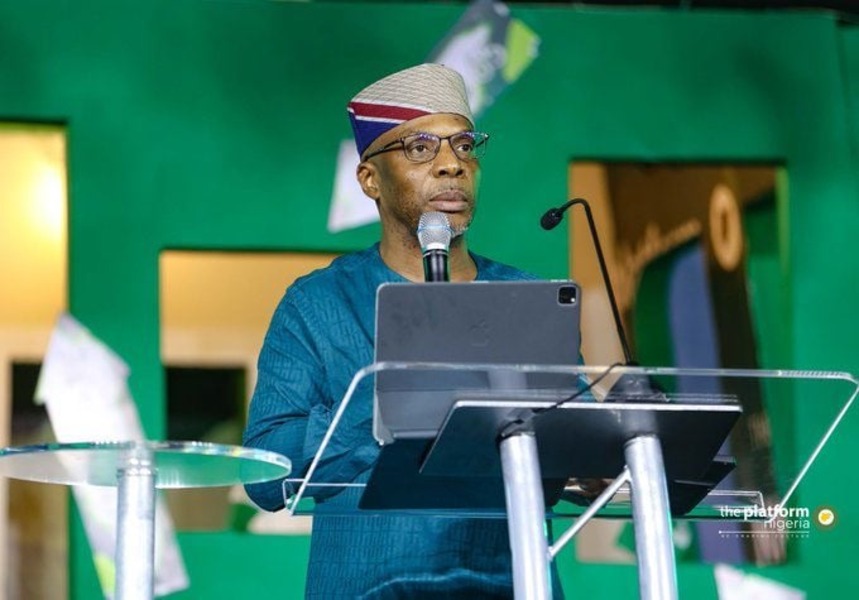- Nigeria has the second largest poor population in the world, surpassed only by India.
- Over 89 million Nigerians are currently living in poverty, representing about 40 percent of the population.
- Nigeria’s number of poor is larger than the entire population of most countries globally.
- Years of delayed reforms and policy errors pushed millions of citizens deeper into hardship.
Nigeria has been ranked as the country with the second largest population of poor people in the world, with more than 89 million citizens living below the poverty line.
This figure, representing about 40% of Nigeria’s population, was revealed by Yemi Kale, the former Statistician General of the National Bureau of Statistics (NBS).
ATTENTION: Click “HERE” to join our WhatsApp group and receive News updates directly on your WhatsApp!
READ ALSO: Indonesia Suspends TikTok Licence Over Refusal to Share Protest Data
Kale made this revelation during his presentation at The Platform Nigeria’s Independence Day event in Lagos, where he gave a sobering assessment of the country’s economic direction.
The Afreximbank Group Chief Economist explained that only India surpasses Nigeria in the number of citizens trapped below the poverty line. He stressed that the figure is larger than the total population of most countries in the world.
“The reality is stark. Fewer than 20 of the world’s 195 recognised countries even have a population bigger than Nigeria’s number of poor,” Kale told participants.
He noted that years of delayed reforms and policy mistakes pushed millions of Nigerians into hardship and exposed households to inflation and fiscal pressures. Corrective measures now being pursued, he said, should have started more than a decade ago when the warning signs were already visible.
According to him, the failure to act early eroded investor confidence, restricted economic growth, and weakened the country’s ability to create jobs.
READ ALSO: Lassa Fever Death Toll Rises to 168 as Cases Hit 906 — NCDC
Kale admitted that the Nigerian economic reforms currently underway are painful but necessary to eradicate poverty in Nigeria. “There is really no credible alternative. The question is how to make the process as humane and well sequenced as possible,” he said.
He urged the government to strengthen social safety nets to shield vulnerable Nigerians from avoidable suffering, stressing that consistency, transparency, and integrity in execution would be critical in turning Nigeria’s economic potential into shared prosperity.

